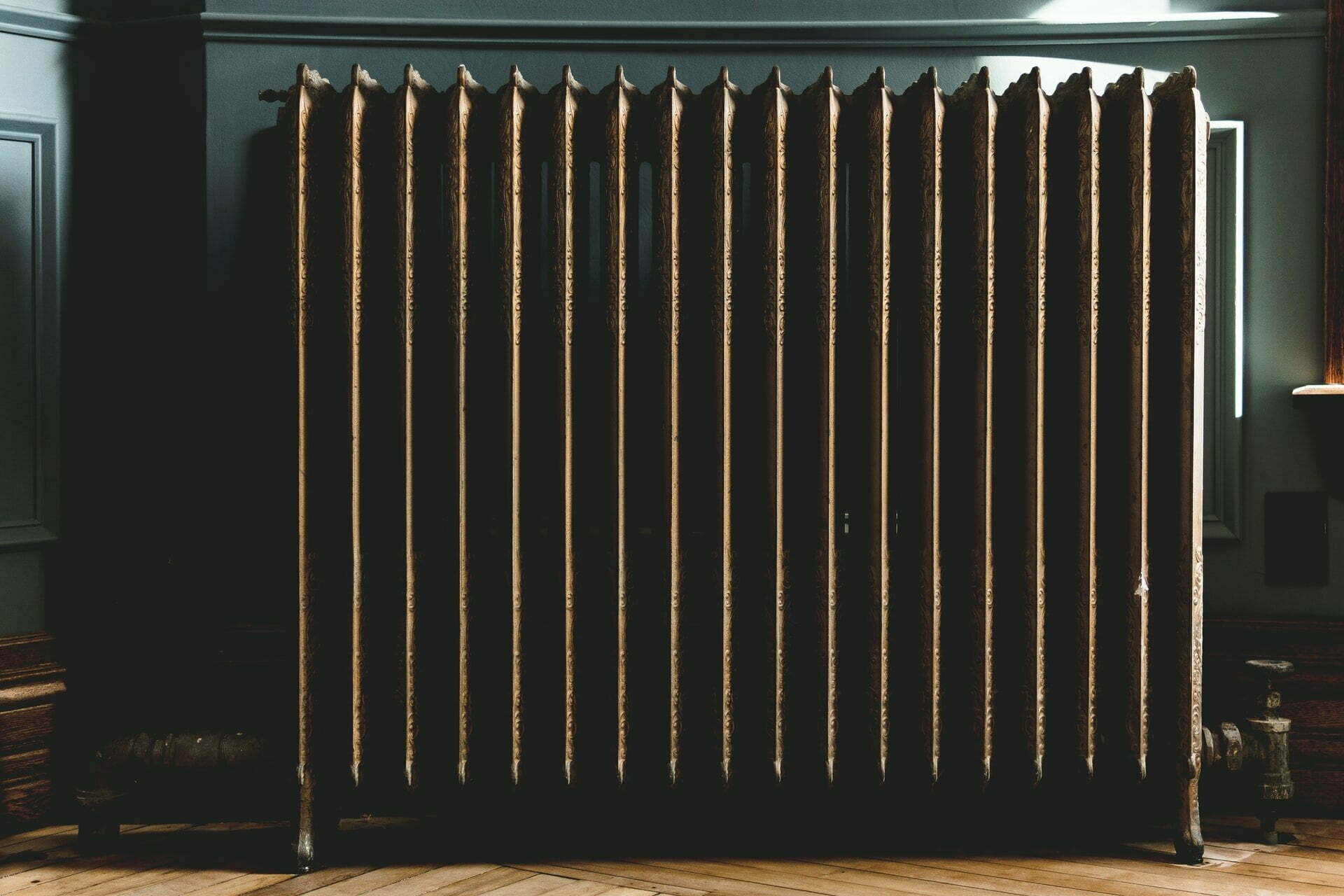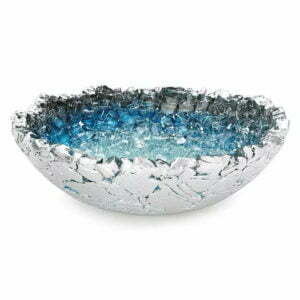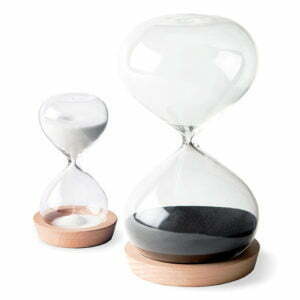When most homeowners think about their utilities, the first consideration tends to be the overall monthly cost. However, you should also take into account its energy efficiency, as well as the safety of you and your family. As such, there are many ways to look at your home’s heating system. Much like a toasty fireplace during the winter months, if you own an older home, a boiler or furnace may be the most familiar heating solution. However, new technologies have introduced more energy and cost-efficient options. Here, we will look at a few reasons why you should rethink your heating system and some possible alternatives for health and financial savings.
Traditional Heating Systems

One of the biggest inconveniences with older heating systems is the need for portable space heaters throughout the house. It’s important to remember that space heaters are only for supplemental heating, and can become dangerous if the appliance is used round the clock, or left unmonitored for long periods of time. In addition, one of the most common problems with space heaters is their requirement of ample electricity, as well as cords and wires for connecting to nearby outlets. For families with small children or older family members, supplemental heat can quickly become a fire hazard. Likewise, electrical issues can arise with numerous extension cords throughout the house.
Older homes’ heaters may already be familiar to most homeowners, such as boilers and furnaces. With a boiler, your home is primarily running its heat source as a special-purpose water heater, distributing steam using radiators and grillwork. Newer boilers may use natural gas or kerosene as fuel. If your home is over 20 years old, you’re most likely paying for kerosene oil or natural gas on your monthly bill, while homes that are even older need electricity for the boiler. Additionally, older boilers need regular maintenance, as cracks or leaks can lead to carbon monoxide poison spreading within the home, which is one of the deadliest potential hazards for homeowners. Caring for both their family’s comfort and safety, many of today’s homeowners seek more modern heating solutions.
However, the majority of homes in the United States use a form of the centralized furnace as the home’s heater. With this method, hot air is blown through ductwork and vents in the attic and ceiling in order to heat the various rooms. More modern furnace systems are often referred to as “warm-air distribution systems,” yet still rely on natural gas, kerosene, or electricity.
Modern Home Heating Solutions

Since so many homeowners in the U.S. seek new safety features for their heating systems, manufacturers of traditional boilers and furnaces have developed updates that not only hold up to a home inspection but lower the need for supplemental heat sources as well. Regardless, many HVAC and heater experts recommend new technology. For example, a “smart thermostat” or heat pump system directly addresses the biggest safety issues in your home when it comes to heating the household year-round. Many homeowners opt for a smart thermostat: an installation that keeps your family’s comfort levels maintained based on preset preferences. It can be controlled by a digital interface or mobile app, making it a perfect modern complement to older central heat units.
Homeowners can also consider a heat pump: a single two-way HVAC unit that allows cold air during the summer and heat during the winter months. The versatility comes from its unique ability to remove the air from the outdoors and transport it inside. While the major issues with heat pumps are installation prices, the two-way unit lowers energy costs that can lead to greater monthly savings than with electric heaters, kerosene heaters, or radiant heaters.
There are two types of heat pumps: air-source (using the outdoor air as its heat source) and ground-source, or “geothermal” (which pumps the heat from underground). Both designs are ideal for homeowners looking for consistency, as air-source and ground-source use natural elements, rather than combustible materials, that are available year-round. However, ground-source heat pumps tend to be more expensive due to the installation and intricate ventilation network. On the plus side, however, heat pump systems are a durable technology that comes heavily recommended by both HVAC and heater experts, as well as by the EPA. Over time, heat pumps can greatly increase the value of your home appraisal should you ever decide to sell.
For overall home safety, it’s recommended that a specialized contractor should provide additional information regarding the level of your home before choosing a heat pump. Likewise, a licensed electrician should provide an inspection report on the unit regularly in order to maintain the unit’s integrity and, ultimately, keep your family safe.









